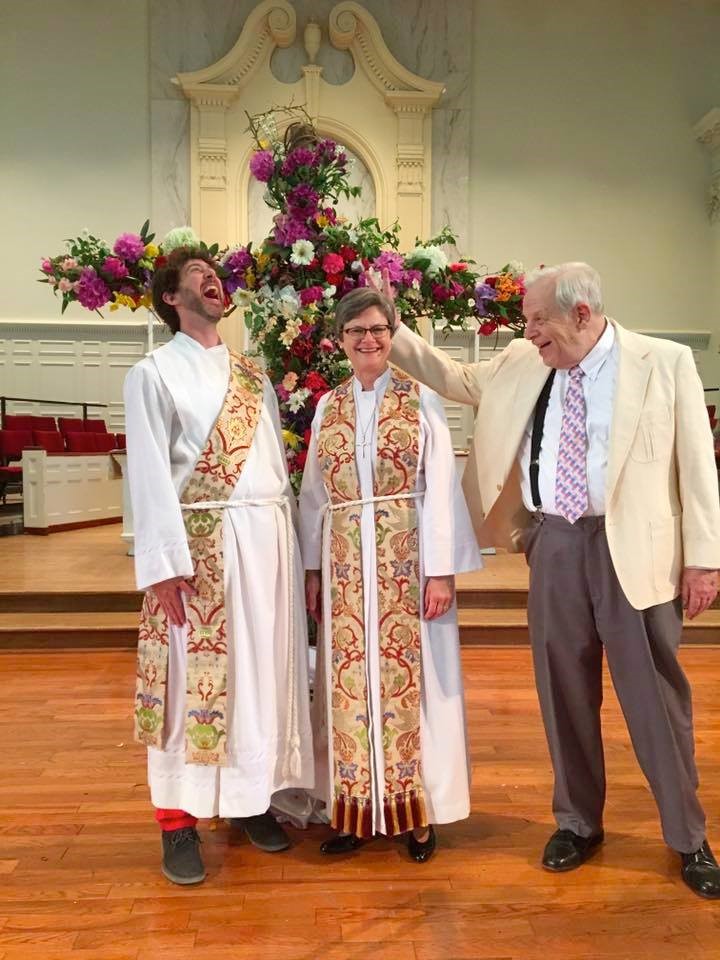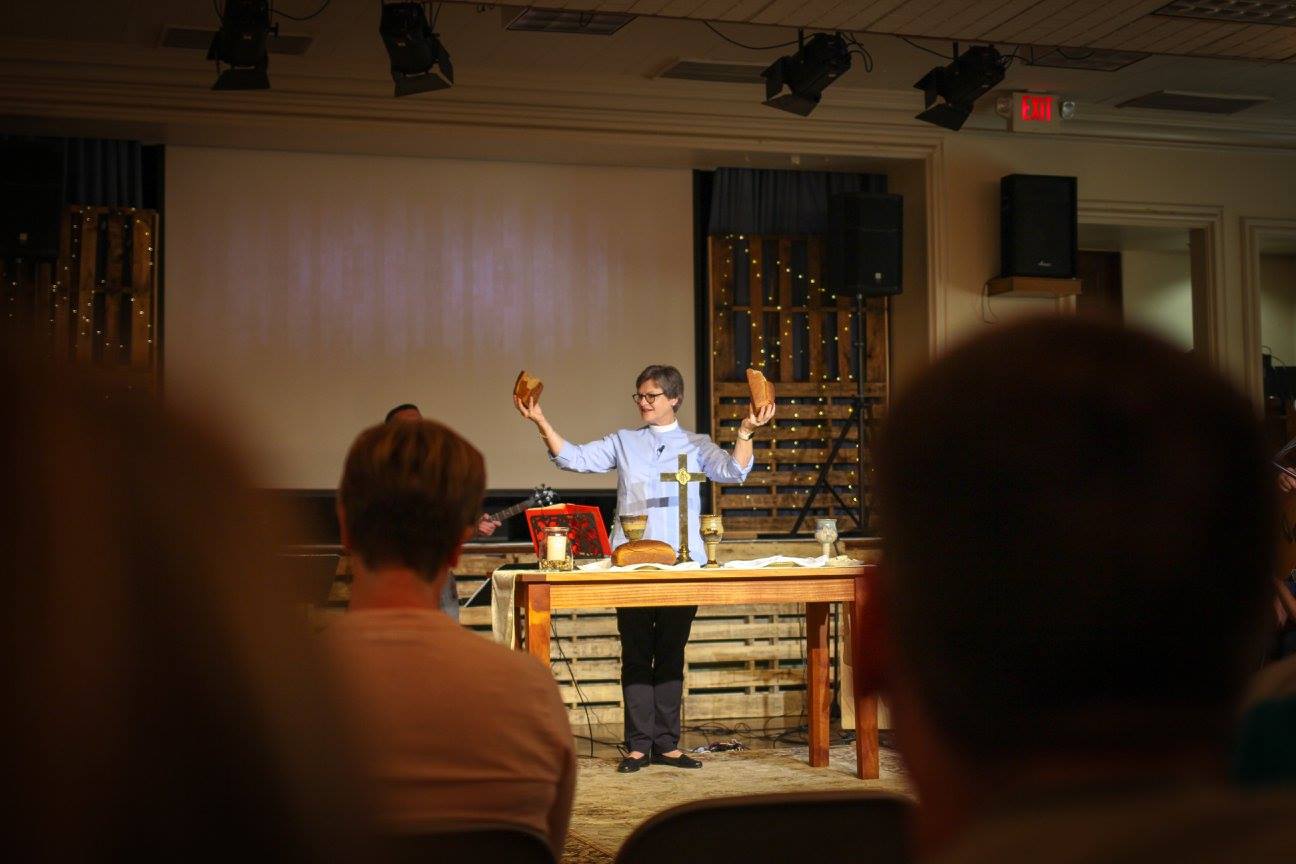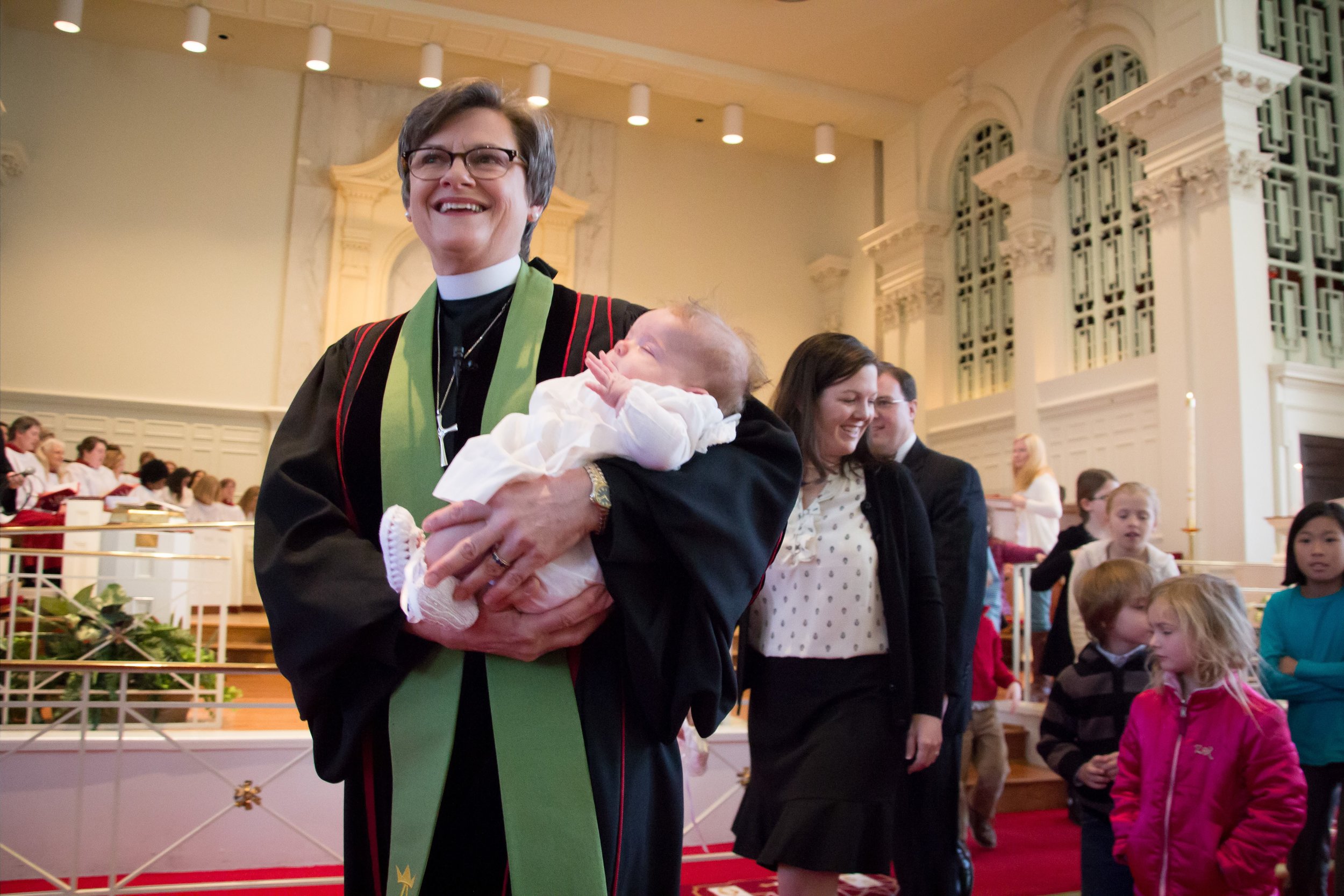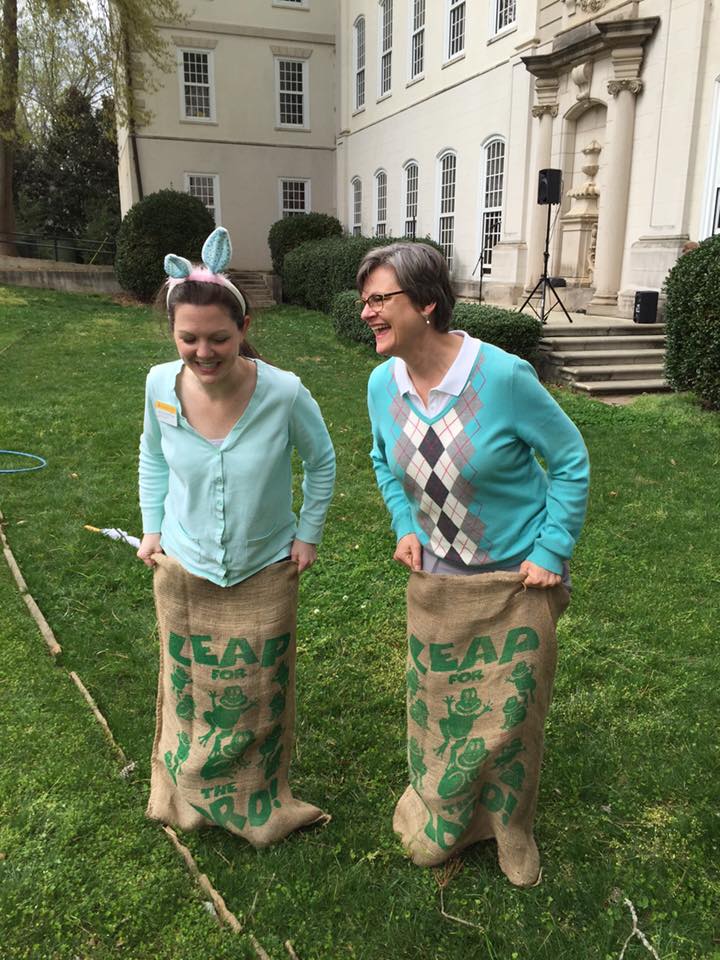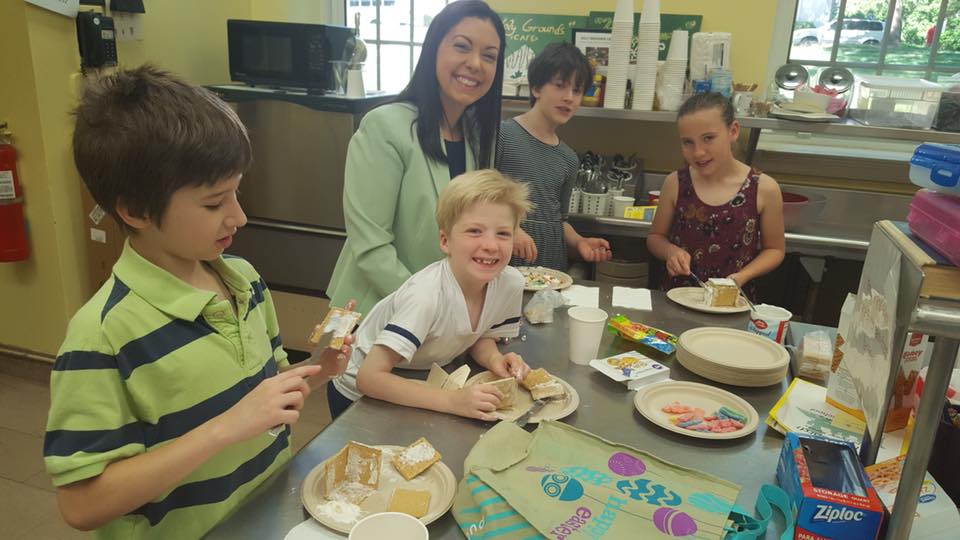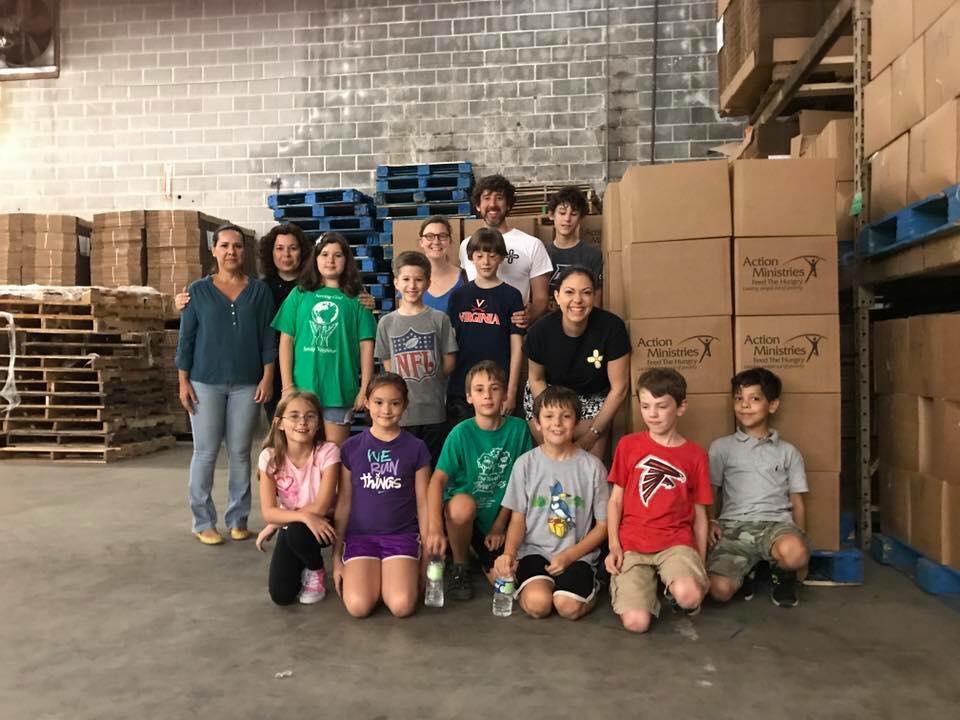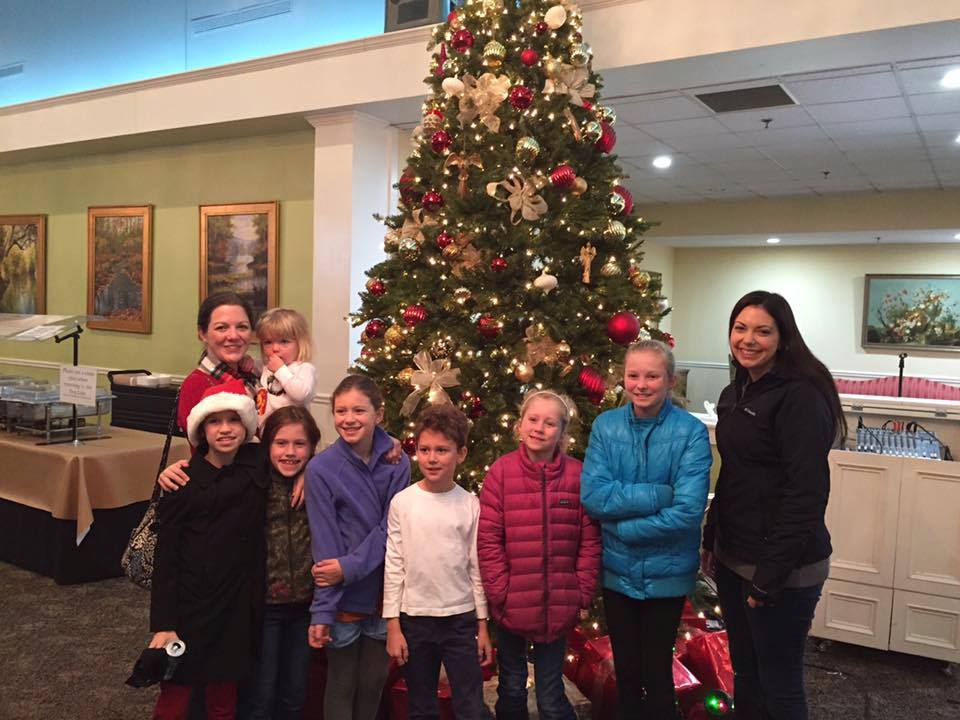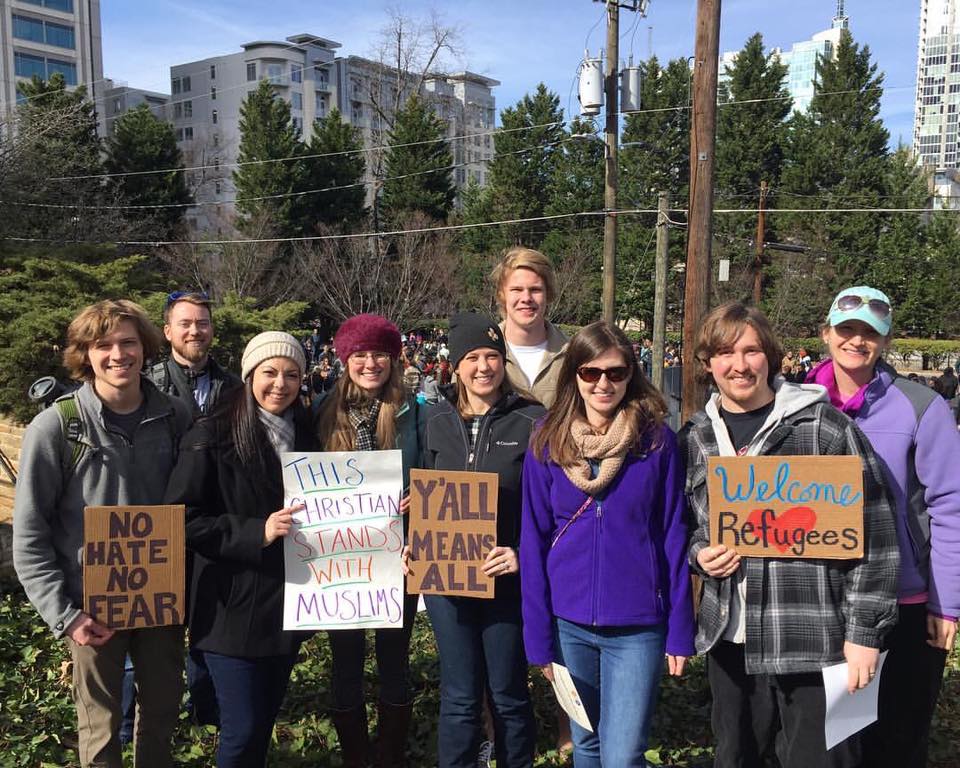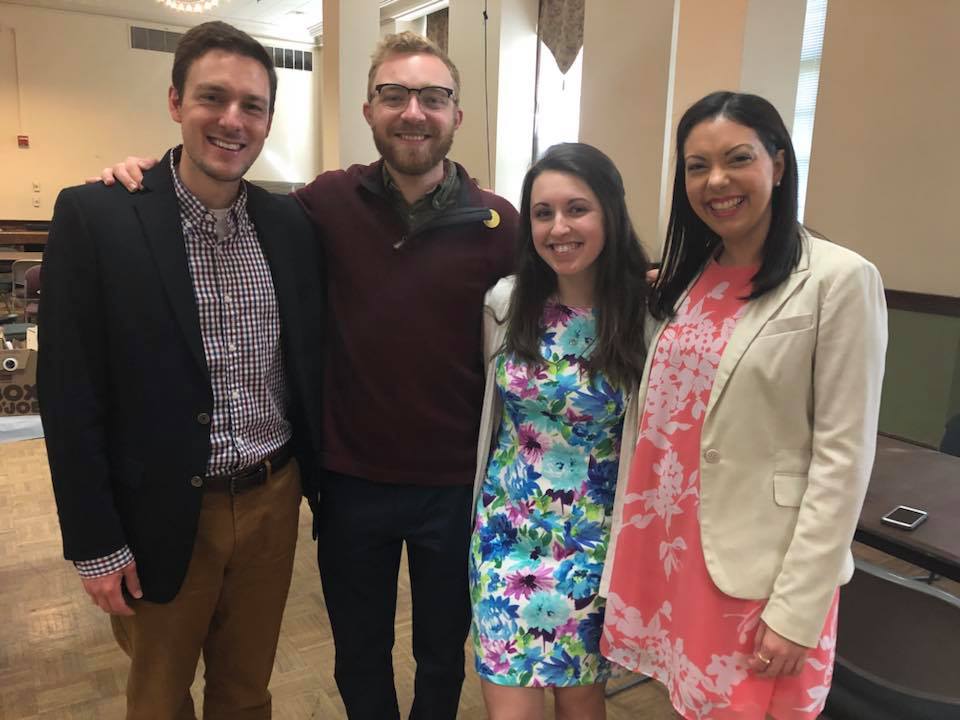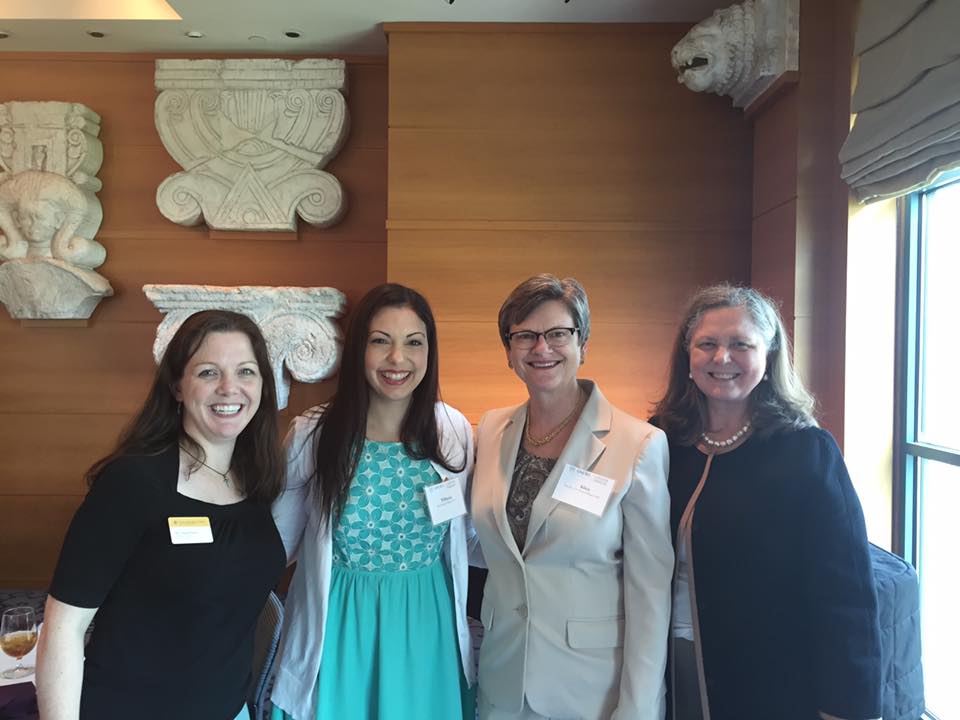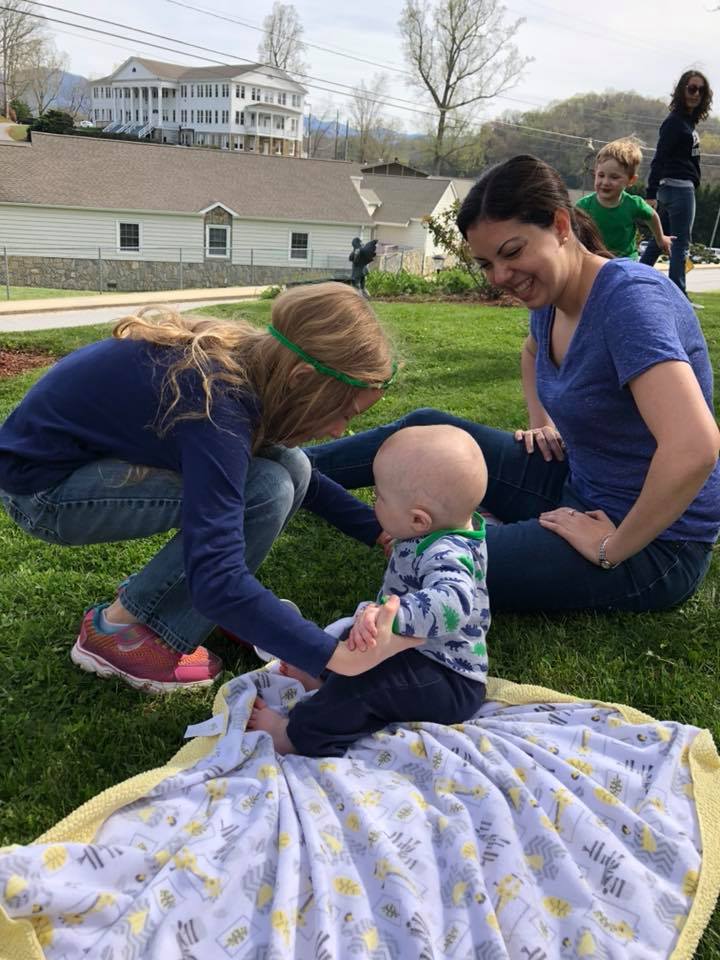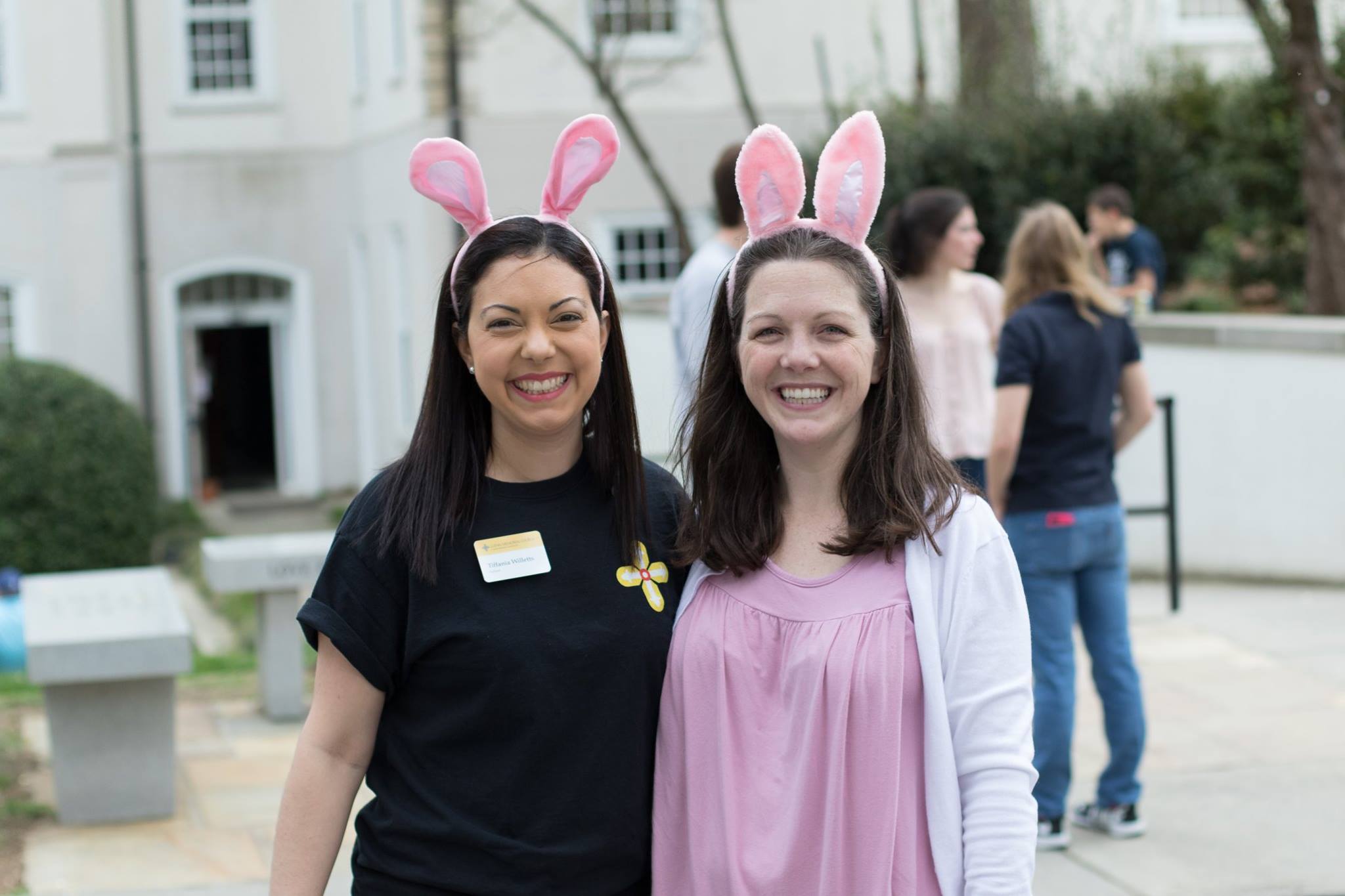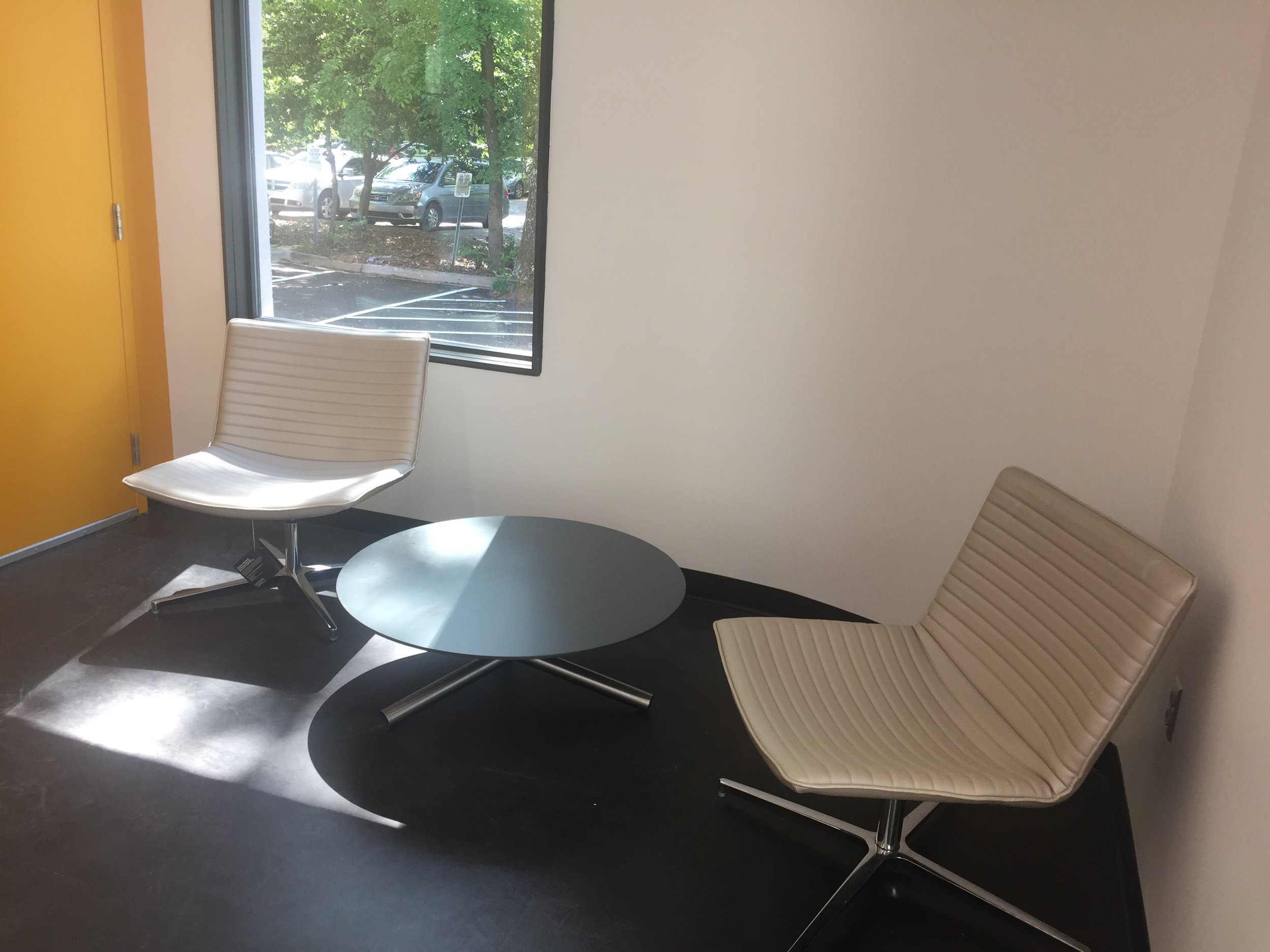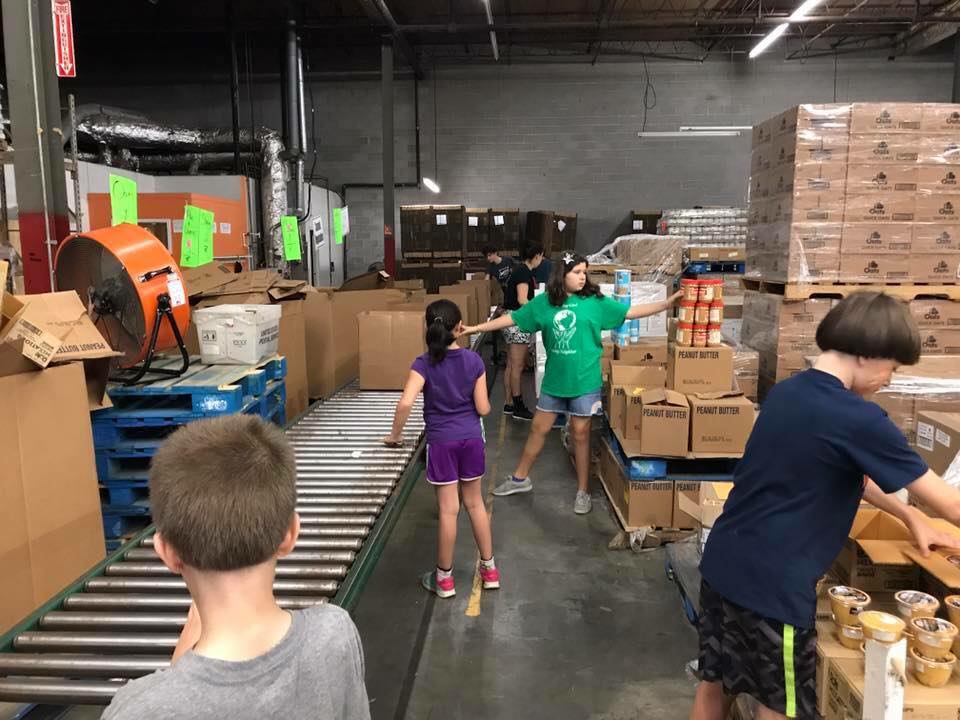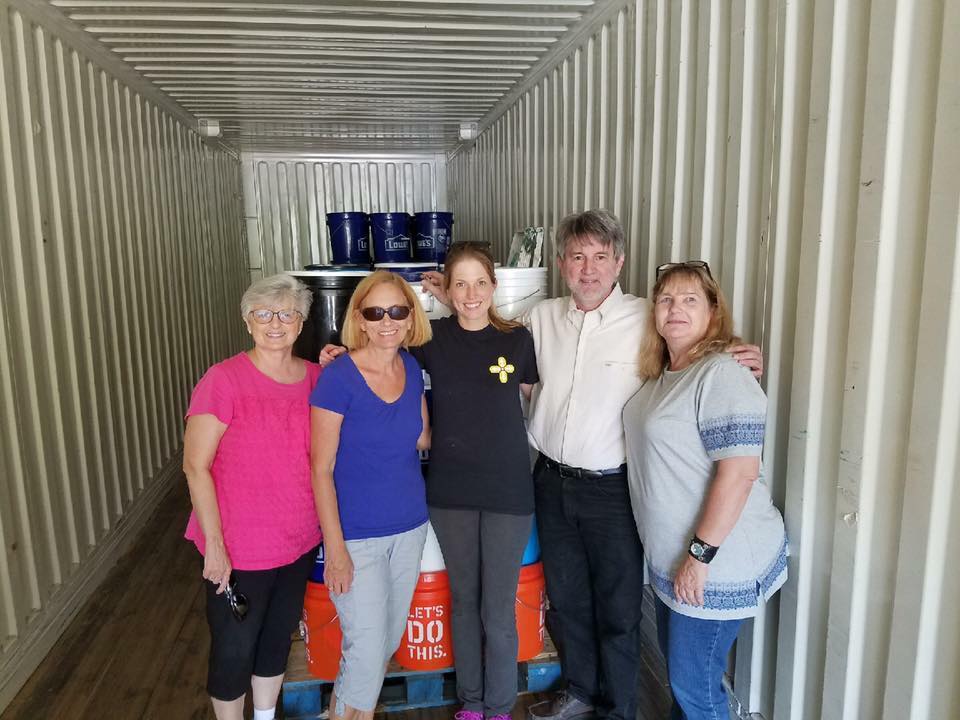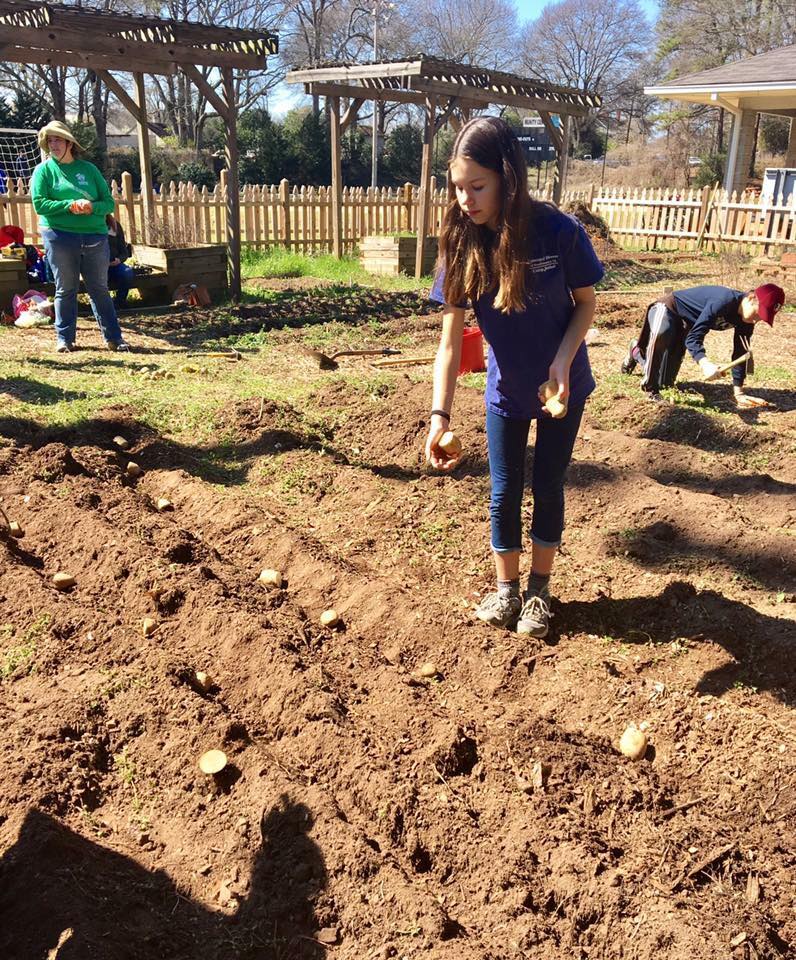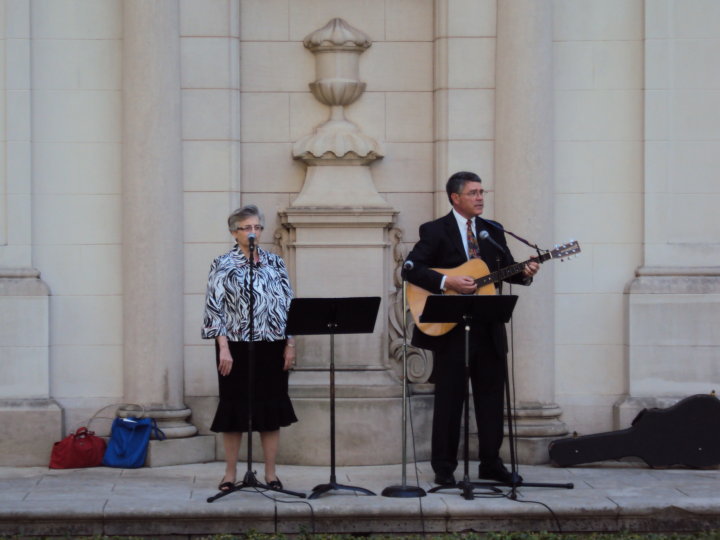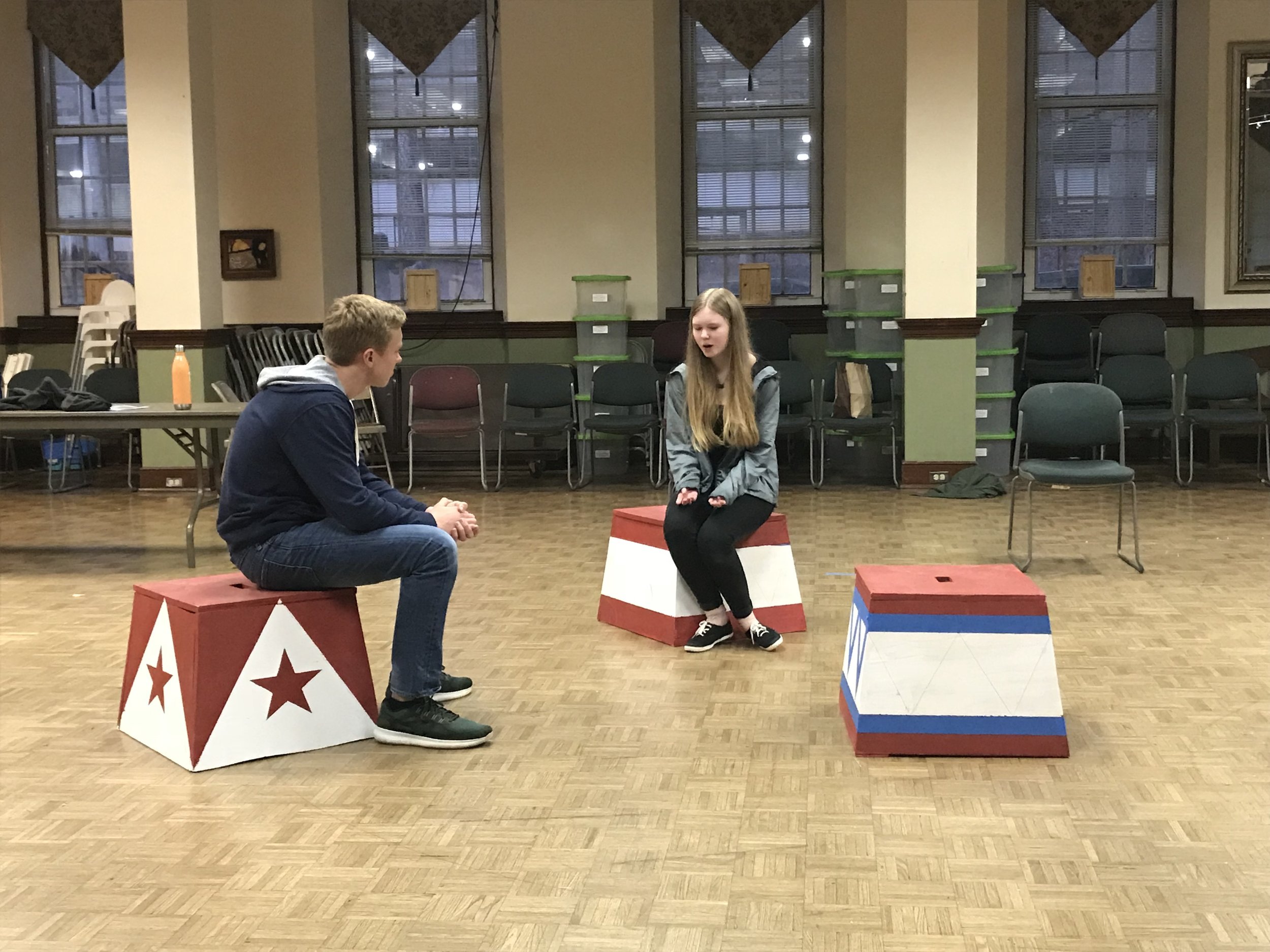The memoir grew out of an essay he wrote, “God 101: Love Bade Me Welcome,” in which Wiman tells about a period in his life in which experiences of love and despair over a few short years catalyzed his faith. He says that, “losing the ability to write, falling in love, receiving a diagnosis of incurable cancer, having my heart ripped apart by what, slowly and in spite of all my modern secular instincts, I learned to call God.”
Those secular instincts only came to him in adulthood, while his childhood was decidedly unsecular. He spent it in a West Texas town that he describes as “a flat little sandblasted” place, featuring “pump jacks and pickup trucks, . . . a dying strip, a lively dump, and above it all a huge blue and boundless void.” The town so immersed him in Christianity that he never met a non-believer until he moved to Virginia to attend Washington & Lee University.
Wiman’s book is partly a meditation on death, his experience of coming up against the real thing, the oblivion that can’t be truly felt or comprehended until one is in its grasp. His diagnosis didn’t spark a connection with the vividness of life, didn’t make life more joyful or immediate. Instead he says he had the sense of being removed from life, being further separated from the world as if his fate enveloped him in a bubble.
And yet, grappling with a premature proximity to his end, he opened onto a new experience of life. Considering the anxiety of modern existence, he asks, "“How does one remember God, reach for God, realize God in the midst of one’s life if one is constantly being overwhelmed by that life?” Thinking about those questions reminds me of a blissful few days I once spent when some strange coincidence of small epiphanies thrust me into similar questions. The only responses I could begin to formulate all became paradoxical but there was a truth in them and they fascinated me the same way quantum physics does. I felt the same ineptitude and wonder as I pondered those paradoxes that do when I attempt to understand some lay person’s article about string theory and the behavior of particles."
Wiman considers another angle on the question(s):
"The last words of Gerard Manley Hopkins, a poet and priest who died of typhoid at the age of forty-five, are striking: 'I am so happy. I am so happy. I loved my life.' How desperately we, the living, want to believe in this possibility: that death could be filled with promise, that the pain of leaving and separation could be, if not a foretaste of joy, then at least not meaningless…To die well, even for the religious, is to accept not only our own terror and sadness but the terrible holes we leave in the lives of others; at the same time, to die well, even for the atheist, is to believe that there is some way of dying into life rather than simply away for it, some form of survival that love makes possible. I don’t mean by survival merely persisting in the memory of others. I mean something deeper and more durable. If quantum entanglement is true, if related particles react in similar or opposite ways even when separated by tremendous distances, then it is obvious that the whole world is alive and communicating in ways we do not fully understand. And we are part of that life, part of that communication—even as, maybe even especially as, our atoms begin the long dispersal we call death."
We are dust and to dust we will return.
My neighbor died in the wee hours of the day before Christmas Eve. Sweet guy, father of three, in his 40s, left behind a wife who called him her best friend and favorite person, and parents so devoted to him that they left their home in Florida to come take care of the kids while he and his wife battled the cancer. Neighbors kept the family’s house fed with hot meals for five months. Friends and family flew in from all corners of the country to support them. The couple’s co-workers delivered groceries and arranged yard care. Glenn brought him a prayer shawl. We all prayed he could recover and raise his children.
It’s pat to say God was in all the love and support that surrounded him, and because it’s pat doesn’t makes it any less true. Even so I’m sure his children would gladly return all that love and support with interest to get their father back. And not just today, but for the rest of their lives. I began to feel like his children were sacrificial lambs, their childhood slaughtered Christmas 2017 so that God might show his love.
I can’t say that my spiritual temper tantrum has entirely abated. My intellect is all on board with chalking it up to the chasm between God’s perspective and ours, but the rest of me inwardly shivers at the chill in that distance.
Calling Christ “a shard of glass in your gut,” Wiman offers an odd salve: "Christ is God crying, ‘I am here,’ and here not only in what exalts and completes and uplifts you, but here in what appalls, offends and degrades you, here in what activates and exacerbates all that you would call not-God. To walk through the fog of God toward the clarity of Christ is difficult because of how unlovely, how ‘ungodly’ that clarity often turns out to be."
Being clear about all this is a life-long travail. Paraphrasing Simone Weil, Wiman observes that “devotion to God involves learning to inhabit—rather than simply trumping with dogma or literal scripture—those elements of our existence that seem inimical to his: limitedness, contingency, suffering, death.”
One review says the book unsettles more than it soothes, but something in his focus on death, the experience of reading his observations opens up in me a strange form of joy. I don’t quite understand my reaction but probably reading the account of a person who’s spent years pondering God, I feel like I’m getting to know God better. And maybe that’s one thing Ash Wednesday does for us – provides a gentle nudge toward the concept of death, which for all its obvious negative associations is still part of our life in God, something we’ll never understand but nevertheless need to remember and live with.
Irene Hatchett














